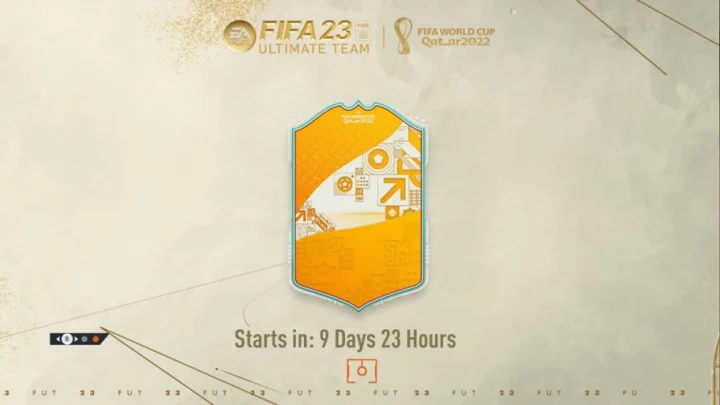National Security Council spokesman John Kirby went on television to say the US is doing its utmost to secure the release of American hostages captured by Hamas. What he left out was who is spearheading those negotiations on the country’s behalf: the small gulf nation of Qatar.
No bigger than Connecticut, Qatar was once seen as a maverick because of its cordial relations with Iran and Islamist groups like Hamas, which the US and EU designate a terrorist outfit. Now it’s capitalizing on those same ties by working overtime to conduct sensitive hostage diplomacy that the US couldn’t manage without it.
The Qataris have been negotiating with Hamas to try to secure the release of around 200 people captured from Israel on Oct. 7 and taken to Gaza, according to officials familiar with the discussions, who asked not to be named.
At the same time they’ve been trying to prevent a second, northern front from opening up in the Hamas-Israel war by liaising with both Iran and the armed group Hezbollah, which has already attempted some minor skirmishes across Israel’s northern border.
With those delicate conversations ongoing, Qatar also announced it had successfully mediated the reunification of four Ukrainian kids separated from their families during Russia’s invasion.
In short, Qatar has made itself indespensible as a geopolitical fixer.
Click here for more on the Israel-Hamas war
The US privately acknowledges that it doesn’t do anything in the Gulf without Qatar, which hosts some Hamas political leaders as well as the largest US military base in the Middle East.
“The Qataris are the indispensable diplomatic tool on hostage issues at the moment,” said Ayham Kamel, head of Middle East and North Africa at political risk consultant Eurasia Group. “Few other regional parties have the depth of the relationship required to move the needle on this issue.”
The US has also spoken with partners including the International Committee of the Red Cross about playing a role in any movement of hostages, though nothing has been actioned yet, the people said.
Even with Qatar on the job, returning the hostages won’t be simple. It’s not clear where in the Gaza strip the civilians are being held, and Israel’s own relationship with getting them home.
Yet as US President Joe Biden prepares to make a visit to the region, the US and Qatar are working round the clock to push for concrete steps toward securing the realease of the hostages by Hamas, and not just statements of intent, according to the people familiar with the hostage talks.
Biden Plans High-Stakes Israel Visit to Keep War From Escalating
Qatar has become the go-to place for the US to build bridges in a region fraught with challenges.
Last month energy-rich nation helped mediate the release by Iran of five American prisoners. It also played a mediating role after Russia’s invasion of Ukraine, with US and European officials traveling to Doha to address fears over gas supply.
Saudi Arabia and Abu Dhabi aren’t so close to the US, though are seen by the Biden administration as useful ad hoc partners.
Kuwait, once renowned for its international influence, has stepped back on the world stage since the 2020 death of its former emir, a long-serving diplomat. Its ebbing authority, and the fact that Qatar emerged stronger from a three-year boycott by its Gulf neighbors that ended in 2021, has helped Doha fill the void.
Qatar’s economy benefited last year from soaring oil and gas prices and from hosting the football World Cup, though has since slowed. Now, its role in successful diplomacy is bolstering its international importance once again.
Doha has also been in frequent contact with the Israelis at the political, military and intelligence levels in recent days, the people said, making use of a relationship that dates back decades and which matches few others the Jewish state has in its region.
“They have been de-escalators,” said Sanam Vakil, director of the Middle East and North Africa program at London’s Chatham House think tank. Yet, however stringent their efforts, they’re not guaranteed to bring the hostages home. “This is really hard to accomplish, especially when the stakes are high.”









